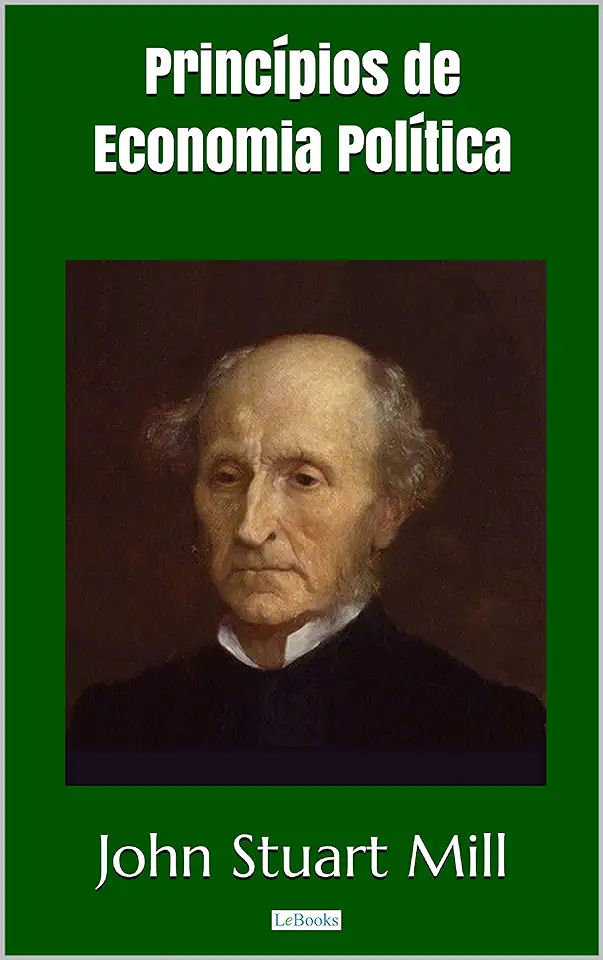
Principles of Political Economy - John Stuart Mill
Principles of Political Economy by John Stuart Mill: A Comprehensive Exploration of Economic Theories and Policies
Introduction: Unveiling the Foundations of Economic Thought
In the realm of economic literature, few works stand as tall and influential as John Stuart Mill's "Principles of Political Economy." First published in 1848, this seminal treatise has shaped economic thought for generations, offering a comprehensive analysis of the fundamental principles governing production, distribution, and consumption of wealth. Mill's profound insights into the intricate workings of the economy continue to resonate with economists, policymakers, and scholars alike, making this book a must-read for anyone seeking a deeper understanding of the economic world we inhabit.
Exploring the Pillars of Economic Theory
Mill's "Principles of Political Economy" delves into the core concepts that underpin economic theory, providing a systematic framework for comprehending the complex interactions within the economic system. From the theory of value and the determination of prices to the intricacies of international trade and the role of government intervention, Mill covers a vast array of topics with remarkable clarity and rigor.
Unraveling the Dynamics of Production and Distribution
At the heart of Mill's analysis lies the exploration of the factors that drive economic growth and the distribution of wealth. He examines the role of capital accumulation, technological advancements, and the division of labor in shaping the productive capacity of an economy. Mill also delves into the intricacies of income distribution, addressing issues of wages, profits, and rent, and highlighting the challenges of achieving a just and equitable distribution of economic rewards.
Navigating the Complexities of International Trade
Mill's treatise extends its reach to the realm of international trade, offering insightful perspectives on the benefits of free trade and the potential pitfalls of protectionist policies. He argues that free trade promotes economic efficiency and fosters global prosperity by allowing countries to specialize in the production of goods and services for which they have a comparative advantage. Mill's analysis of international trade remains relevant in today's interconnected global economy, where the principles of comparative advantage and free trade continue to shape international economic relations.
The Role of Government in Economic Affairs
Mill's exploration of economic principles extends to the role of government in shaping the economy. He advocates for a limited but essential role for government intervention, arguing that it can correct market failures, promote social welfare, and ensure a more equitable distribution of wealth. Mill's insights into the appropriate balance between market forces and government intervention have influenced economic policymaking for over a century, providing a framework for governments to navigate the complex challenges of economic management.
A Timeless Masterpiece of Economic Thought
John Stuart Mill's "Principles of Political Economy" stands as a testament to the enduring power of economic theory and analysis. Its comprehensive coverage of economic principles, combined with Mill's lucid prose and insightful observations, makes it an essential resource for anyone seeking a deeper understanding of the economic forces that shape our world. Whether you're a student of economics, a policymaker, or simply someone curious about the workings of the economy, this book is an invaluable addition to your library.
Conclusion: Embark on an Intellectual Journey into the World of Economics
"Principles of Political Economy" by John Stuart Mill is a masterpiece of economic thought that continues to inspire and inform economists and policymakers to this day. Its comprehensive analysis of economic principles, coupled with Mill's brilliant insights, makes it a must-read for anyone seeking a deeper understanding of the economic world. Delve into the pages of this seminal work and embark on an intellectual journey that will broaden your horizons and enrich your understanding of the forces that shape our economic lives.